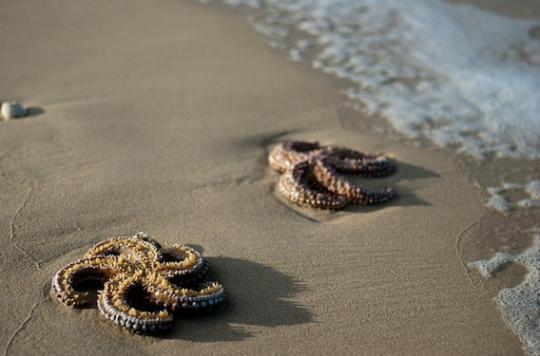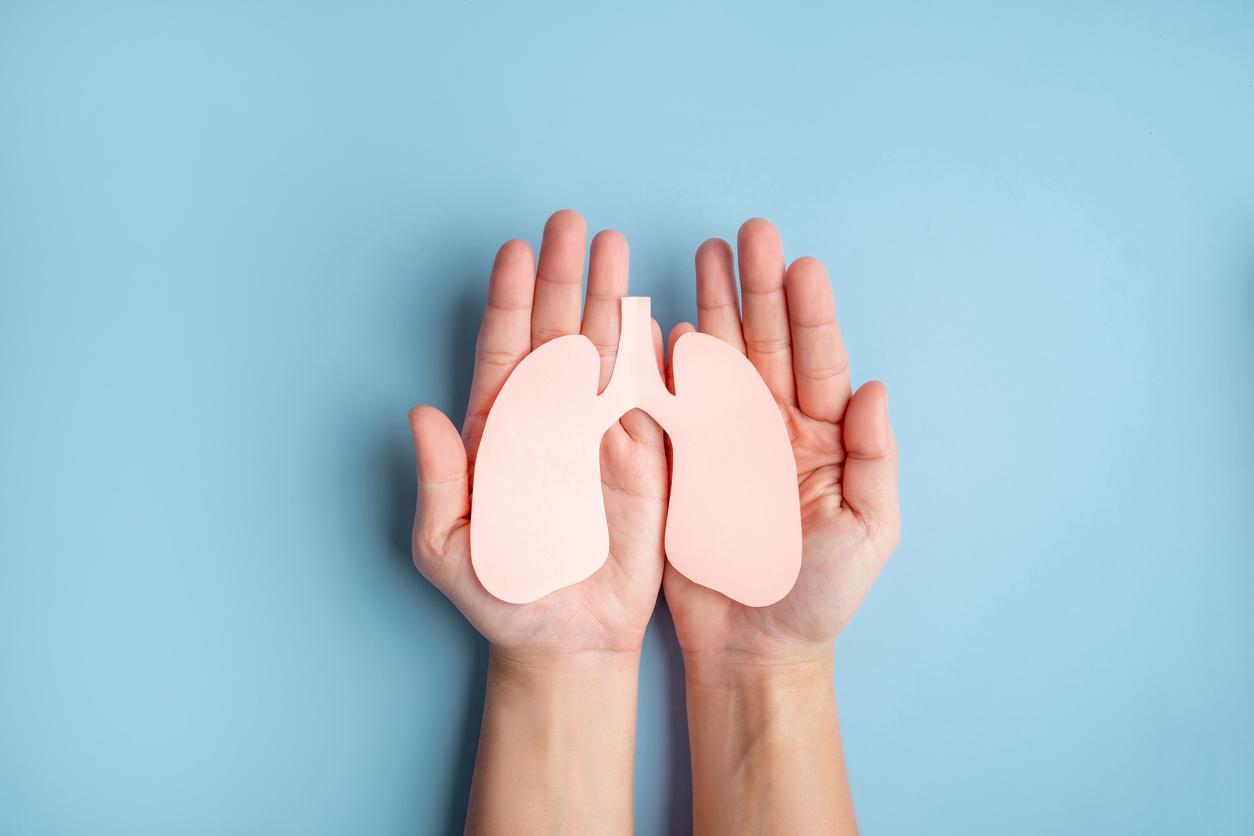French researchers have discovered that a molecule contained in the starfish could be effective against cystic fibrosis. Ten years later, a clinical trial is underway.

The oceans are full of molecules capable of treating many diseases. One of them, roscovitine, could be effective against cystic fibrosis, a rare genetic disease that affects nearly 6,500 French people. It is currently under evaluation.
Roscovitine was discovered by Laurent Meijer in his CNRS laboratory in Roscoff in 1995 while he was studying starfish eggs. This molecule is called a protein kinase inhibitor. These are responsible for regulating cell divisions. When protein kinases are too active, the cell cycle races and cells can become cancerous.
Thanks to technical progress, researchers have succeeded in synthesizing this molecule in the laboratory. They filed a patent and created the start-up ManRos Therapeutics in 2007. Since then, hundreds of clinical trials around the world have been carried out to assess its effectiveness as an anticancer drug, particularly in the United States.
Anti-bacterial action
The various studies carried out on this molecule have also shown that it has anti-inflammatory and anti-infectious properties. Two very interesting properties for treating cystic fibrosis. This disease is manifested by the significant production of mucus in the digestive and respiratory system. A favorable environment for bacteria, especially Pseudomonas aeruginosa which is responsible for serious lung infections. Almost all patients are carriers of this bacterium before their 10th anniversary, underlines the start-up.
By boosting the immune system of patients, roscovitine could help the body fight against these chronic infections. Better still, since it does not act directly on the bacteria, it would not lead to resistance and could act on a large number of pathogens. In addition, it would be able to “correct” the main mutation responsible for cystic fibrosis and would have an analgesic effect.
Since last April, a phase 2 trial has been launched with 36 patients in 9 French hospitals in order to assess the good tolerance and the effects of roscovitine. The participants received the molecule or a placebo for 28 days. These first tests, funded by the Ministry of Health and the association Vaincre la mucoviscidose, should be completed at the end of 2016. If the results are encouraging, a second larger study should be carried out in Europe and in the States. -United.
.

















